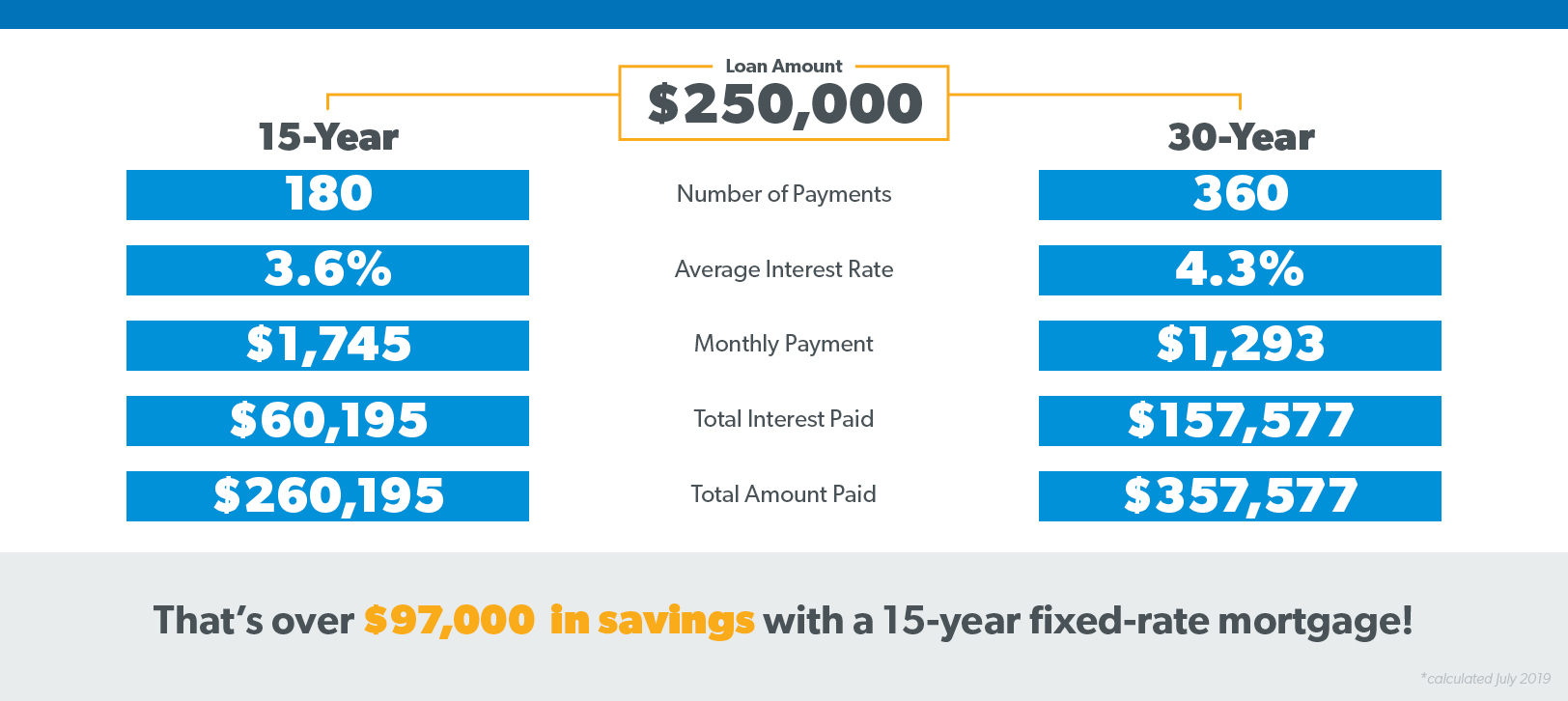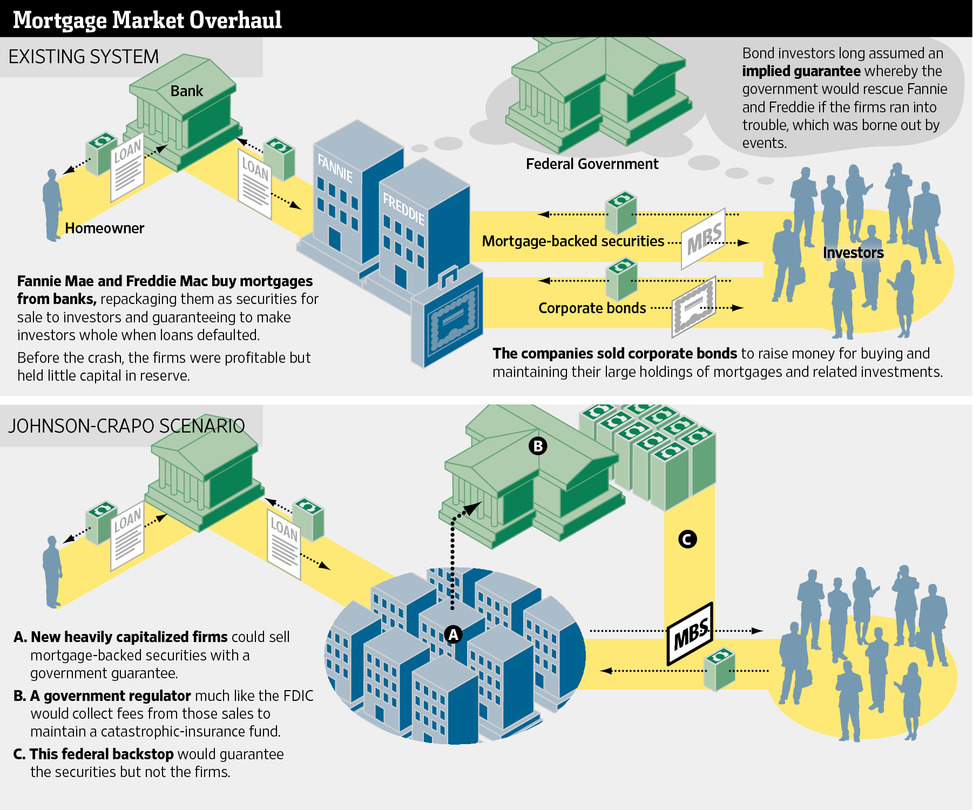Chances are, you have actually seen commercials boasting the advantages of a reverse mortgage: "Let your home pay you a monthly dream retirement earnings!" Sounds great, ideal? These claims make a reverse home loan noise nearly too good to https://penzu.com/p/e72cf60f be real for senior property owners. However are they? Let's take a better look. A reverse mortgage is a type of loan that uses your house equity to provide the funds for the loan itself.

It's generally a chance for retirees to take advantage of the equity they've developed over many years of paying their mortgage and turn it into a loan on their own. A reverse home loan works like a regular home mortgage because you need to apply and get approved for it by a lender.
But with a reverse mortgage, you do not make payments on your home's principal like you would with a routine mortgageyou take payments from the equity you've built. You see, the bank is lending you back the cash you have actually currently paid on your home however charging you interest at the very same time.
Appears easy enough, right? However here comes the cringeworthy fact: If you pass away prior to you have actually sold your home, those you leave behind are stuck to 2 alternatives. They can either settle the complete reverse home mortgage and all the interest that's piled up throughout the years, or surrender your house to the bank.
Like other types of mortgages, there are different kinds of reverse mortgages. While they all generally work the exact same way, there are three main ones to learn about: The most common reverse home mortgage is the Home Equity Conversion Home Loan (HECM). HECMs were produced in 1988 to help older Americans make ends meet by enabling them to tap into the equity of their homes without needing to vacate.
The 7-Minute Rule for What Is The Interest Rate For Mortgages Today
Some folks will utilize it to spend for expenses, getaways, house renovations and even to pay off the remaining amount on their routine mortgagewhich is nuts! And the consequences can be huge. HECM loans are kept a tight leash by the Federal Housing Administration (FHA.) They do not desire you to default on your mortgage, so since of that, you will not receive a reverse home mortgage if your home is worth more than a specific quantity.1 And if you do qualify for an HECM, you'll pay a large home loan insurance coverage premium that secures the loan provider (not you) against any losses - which type of organization does not provide home mortgages?.
They're provided up from independently owned or run companies. And because they're not regulated or insured by the federal government, they can draw property owners in with pledges of greater loan amountsbut with the catch of much higher rates of interest than those federally insured reverse home mortgages. They'll even offer reverse home loans that permit homeowners to obtain more of their wesley timeshare cancellation reviews equity or consist of homes that go beyond the federal maximum amount.
A single-purpose reverse home loan is used by federal government agencies at the state and local level, and by nonprofit groups too. It's a kind of reverse mortgage that puts rules and limitations on how you can use the cash from the loan. (So you can't spend it on an elegant holiday!) Typically, single-purpose reverse home loans can just be utilized to make home tax payments or spend for house repairs.
The thing to bear in mind is that the lender needs to authorize how the cash will be used prior to the loan is provided the OKAY. These loans aren't federally guaranteed either, so lenders do not have to charge mortgage insurance coverage premiums. But given that the cash from a single-purpose reverse home mortgage has actually to be used in a particular way, they're usually much smaller in their amount than HECM loans or proprietary reverse mortgages.
Own a paid-off (or a minimum of substantially paid-down) house. Have this house as your primary home. Owe absolutely no federal debts. Have the capital to continue paying property taxes, HOA costs, insurance, maintenance and other house costs. And it's not just you that has to qualifyyour house likewise has to fulfill certain requirements.
All about What Credit Score Do Banks Use For Mortgages

The HECM program likewise enables reverse home mortgages on condos approved by the Department of Housing and Urban Development. Before you go and sign the documents on a reverse mortgage, inspect out these four major disadvantages: You may be thinking about securing a reverse home mortgage because you feel confident loaning versus your house.
Let's simplify like this: Picture having $100 in the bank, however when you go to withdraw that $100 in money, the bank only gives you $60and they charge you interest on that $60 from the $40 they keep. If you wouldn't take that "deal" from the bank, why in the world would you desire to do it with your house you've invested decades paying a home mortgage on? But that's precisely what a reverse home loan does.
Why? Due to the fact that there are fees to pay, which leads us to our next point. Reverse home mortgages are filled with extra costs. And the majority of debtors choose to pay these charges with the loan they will getinstead of paying them expense. The thing is, this costs you more in the long run! Lenders can charge up to 2% of a home's value in an paid up front.
So on a $200,000 house, that's a $1,000 yearly cost after you've paid $4,000 upfront naturally!$14 on a reverse home mortgage are like those for a routine home mortgage and consist of things like house appraisals, credit checks and processing charges. So prior to you understand it, you have actually sucked out thousands from your reverse home loan prior to you even see the very first dime! And given that a reverse mortgage is just letting you use a percentage the worth of your house anyway, what takes place once you reach that limit? The cash stops.
So the quantity of cash you owe goes up every year, each month and every day up until the loan is paid off. The advertisers promoting reverse home mortgages enjoy to spin the old line: "You will never owe more than your house is worth!" But that's not exactly real because of those high rate of interest.
Top Guidelines Of What Happens To Mortgages In Economic Collapse
Let's say you live up until you're 87. When you pass away, your estate owes $338,635 on your $200,000 house. So instead of having a paid-for home to hand down to your enjoyed ones after you're gone, they'll be stuck to a $238,635 costs. Possibilities are they'll have to sell the house in order to settle the loan's balance with the bank if they can't afford to pay it.
If you're spending more than 25% of your earnings on taxes, HOA fees, and household costs, that implies you're home poor. Connect to among our Backed Local Suppliers and they'll assist you navigate your alternatives. If a wesley corp reverse mortgage loan provider informs you, "You won't lose your house," they're not being straight with you.
Think of the factors you were thinking about getting a reverse home loan in the very first place: Your budget is too tight, you can't afford your daily costs, and you don't have anywhere else to turn for some additional cash. Suddenly, you have actually drawn that last reverse home loan payment, and then the next tax bill comes around.